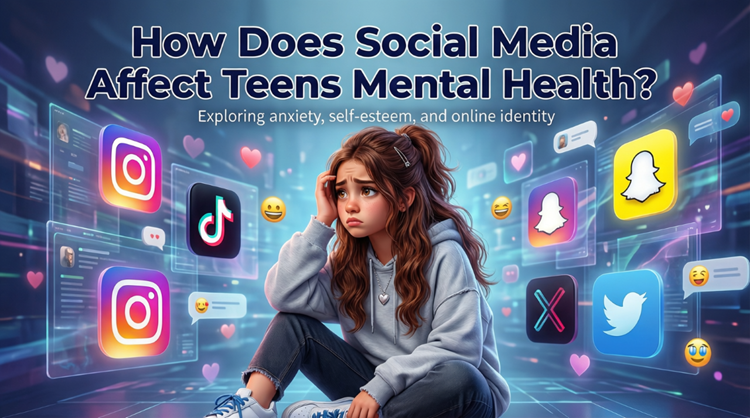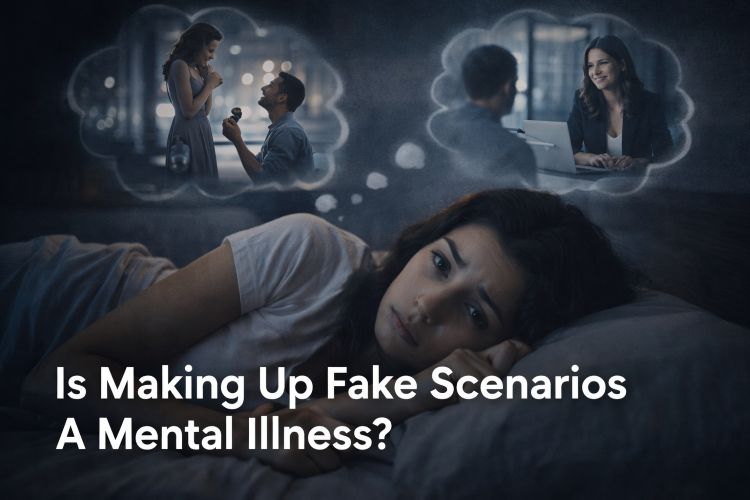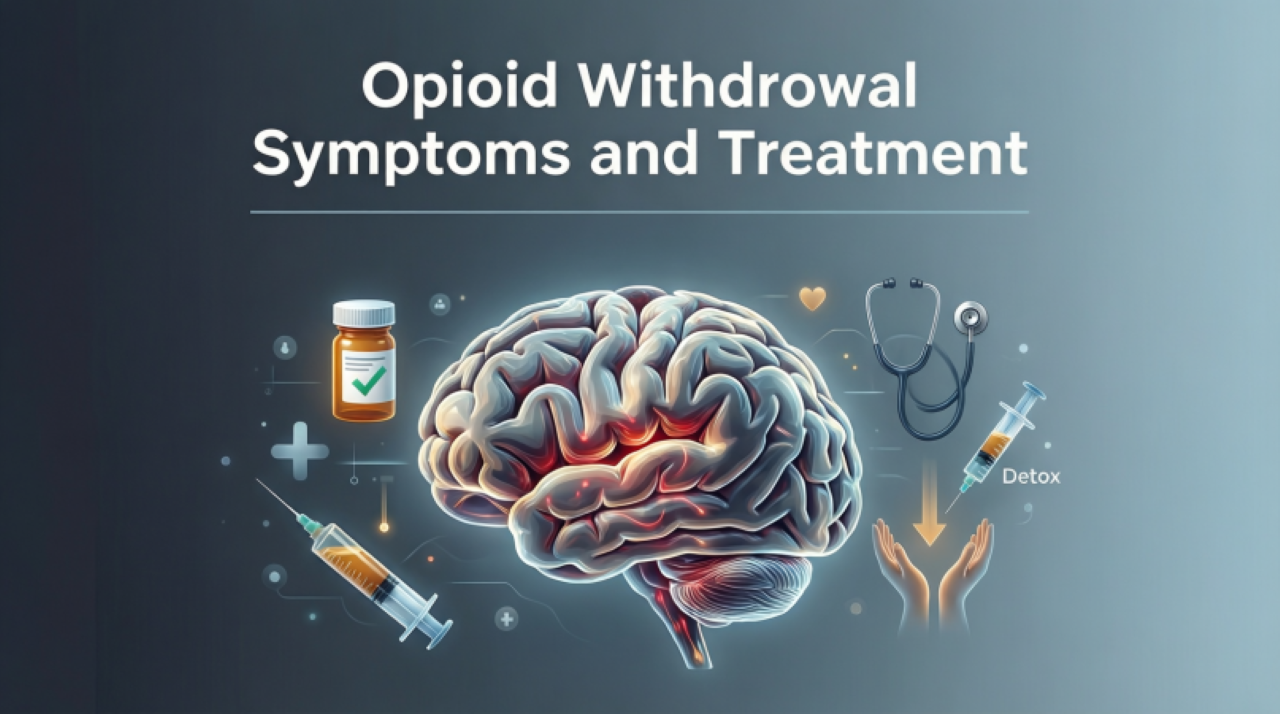Psychotic disorders are serious mental illnesses that influence the way in which the brain processes reality. Individuals who have these conditions can have hallucinations, delusions, and disordered thoughts that can make it hard to relate to the world surrounding them.
Psychotic disorders occur in approximately 3 per cent of the population and cause a disconnection between perception and reality. Hallucinations, delusions, and confusion can make people feel confined in experiences that appear to be 100 percent real to them.
Our mission at Florida Atlantic Coast Treatment Solutions is to offer evidence-based care that is delivered with compassion in order to ensure that individuals take charge of their lives and move on with their lives.
What is a Psychotic Disorder?
Psychotic disorders do not exist as movie conditions in thrillers, but rather they are severe mental diseases that have an impact on the manner in which someone perceives reality.
Psychotic disorders are characterized in their essence by a loss of contact with reality.
- Hallucinations: Hearing, seeing or feeling things that do not exist.
- Delusions: Good beliefs which are strongly held and which persist even after they are false.
What is particularly frustrating about these disorders is that the individual who is experiencing the disorder may not be able to identify that they are seeing things when they are not actually seeing things- the brain makes the person believe that it is true.
How Psychotic Disorders Differ from Other Mental Health Conditions
A majority of mental health disorders, including cases of depression or anxiety, do not cause an individual to have a distorted view of reality. Psychotic disorders, in their turn, break the popular reality and make the experiences that are perceived to be real, imaginary.
Key symptoms include:
- Hallucinations
- Delusions
- Disorganized thinking
- Abnormal motor behavior
- Negative symptoms (decreased motivation, loss of expression of emotions)
Types of Psychotic Disorders
Schizophrenia
In the world, this disease is found in 1 out of 100 individuals and it mostly occurs during early adulthood. It is a mixture of positive (hallucinations, delusions), and negative symptoms (flat affect, withdrawal). Schizophrenia is not split personality, as it is portrayed in movies, but a complicated disorder of the brain that has to be treated constantly.
Schizoaffective Disorder
An illness involving psychotic effects in combination with mood disorders (depression or mania). The two aspects need to be treated simultaneously.
Brief Psychotic Disorder
A brief, acute psychosis, typically caused by severe stress, like grief, trauma or natural disasters. The duration of symptoms is between 1 and one month, and recovery usually returns past functioning.
Delusional Disorder
Includes unchangeable, delusional beliefs (e.g. paranoia, jealousy, grandiosity) against obvious evidence to the contrary. In contrast to schizophrenia, there is a tendency to preserve normal functioning in the absence of the delusion.
Substance-Induced Psychotic Disorder
Psychosis can be caused with drugs like alcohol, cocaine, meth, LSD, or high-potency cannabis. In most cases, symptoms disappear once the substance is out of the body, but in others, such symptoms may predispose individuals to psychotic disorders in the long term.
Psychosis vs. Psychotic Disorders
- Psychosis: A symptom that involves the loss of reality and this can be accompanied by hallucinations, delusions or thought disorders.
- Psychotic Disorders: A disorder of the mind (e.g. schizophrenia, schizophrenic disorder, schizophrenic personality, schizophrenic personality disorder, etc.) in which psychosis persists, and must be treated.
Symptoms of Psychotic Disorders
Positive Symptoms (Added experiences)
- Hallucinations (voices, perceiving things that do not exist)
- Delusions (paranoia, delusions of grandeur, feeling followed)
Negative Symptoms (Removed experiences)
- Flattened affect and anhedonia.
- Loss of motivation and pleasure.
- Social withdrawal
- Reduced speech (alogia)
Cognitive Symptoms
- Diffuse thinking/speech.
- Memory issues
- Poor concentration
- Thought blocking (moments of interruption in the flow of speech)
Early Warning Signs
Psychosis tends to build up. Early signs may include:
- Sleep disturbances
- Social withdrawal
- Weak school or work performance.
- Distrust or odd beliefs
- Mood changes or emotional changes.
- Self-neglect
Early treatment can be more effective by being able to recognize these prodromal signs.
Causes and Risk Factors
- Genetics: Family history of psychosis.
- Brain Chemistry: There are close links between dopamine abnormalities.
- Trauma/Stress: Psychosis may be caused by emotional trauma or excessive stress.
- Health Disorders: Epilepsy, brain tumors and infections.
- Alcohol, LSD, cannabis, meth, and other drugs may aggravate or induce psychosis.
Effective Treatment Approaches
We offer individualized, long-term treatment at Florida Atlantic Coast Treatment Solutions to address symptoms and causal factors:
- Medication Management – Antipsychotics assist in the balancing of brain chemistry and decrease hallucinations or delusions.
- Cognitive Behavioral Therapy (CBT) – Training in coping skills to interfere with errors in thinking.
- Individual and Group Therapy – Offers counseling, social skills and relapse prevention.
- Family Engagement – Teaching and helping families.
- Holistic Therapies – Mindfulness, nutrition and wellness programs to aid in overall recovery.
Living With Psychotic Disorders
The right plan can help recover:
- Drug administration on an individual basis.
- Patient and family therapy.
- Stability as lifestyle habits.
- Preventive relapse crisis planning.
Why Choose Florida Atlantic Coast Treatment Solutions?
- Empathic, evidence-based practice.
- Licensed professionals
- Respect and privacy throughout.
- Insurance-friendly options
We aim to assist people in regaining hope, independence and stability.

Get Help Today
Do you or a loved one have the symptoms of a psychotic disorder? Treatment at an early age counts.
Call us at (844) 643-2287 and make an appointment with Florida Atlantic Coast Treatment Solutions or complete our confidential form.
Frequently Asked Questions About Psychotic Disorders
Q1: What are psychotic disorders?
Answer: Psychotic disorders are extreme mental disorders that disrupt the brain’s interpretation of reality. They can also lead to hallucinations (seeing or hearing things that are not there), delusions (false beliefs) and disorganized thinking. Those symptoms may cause a disconnection between reality and thoughts.
Q2: What are the prevalence rates of psychotic disorders?
Answer: It is estimated that psychotic disorders affect 3 percent of mankind. They drastically change the way people view their environment, relationships, and life in general and it becomes hard to understand where the reality and false perceptions live.
Q3: Why is it important to learn about psychotic disorders?
Answer: Psychotic disorder awareness helps in the detection of early warning signs, early treatment and stigmatization. Education also provides power to an individual and family to help them in recovery and also makes sure that they receive treatment before the symptoms deteriorate.
Q4: What is the mission of Florida Atlantic Coast Treatment Solutions?
Answer: At Florida Atlantic Coast Treatment Solutions, we believe in the provision of evidence-based, compassionate care to people living with psychotic disorders. We assist individuals in regaining control of their lives, living with symptoms and achieving long-term recovery.


